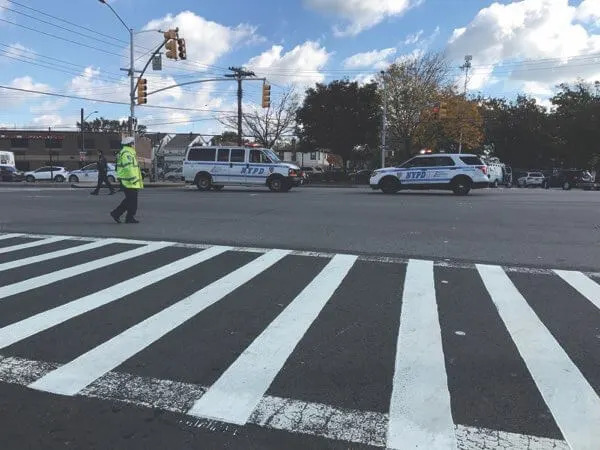By Bryan Schwartzman
Joyce Owens worked tirelessly to build up her small public relations firm that was known for providing pro bono services to Queens community organizations. But in 1993, Owens' life radically changed when she was diagnosed with a brain tumor.
After being hospitalized nine times, suffering numerous seizures and surviving two brain procedures, the 56-year-old Jamaica resident is thankful to be alive. But while Owens is now mostly homebound, she has founded the Joyce Owens Project for southeast Queens residents who are dealing with brain injuries or forms of dementia.
“This wasn't supposed to happen,” Owens said during a telephone interview. “But I don't just have to sit here and bemoan.”
Her public relations company, called Owens Communications, was based in the Kaufman Astoria Studios for years.
Owens hopes her experience in dealing with the medical system and the effects of brain injury will help prevent some of the things that happened to her from happening to others.
Owens said she was initially misdiagnosed by doctors with a type of brain tumor called meningioma and during surgery her brain was subjected to over-radiation.
After switching doctors she learned she had been misdiagnosed and was actually suffering from sarcodosis, an inflammatory disease in her lungs that had spread to her brain.
“I really was not myself for a couple of years,” Owens said, referring to the effect prescription drugs and steroids had on her faculties.
While Owens is still dependent on steroids, her articulate manner and normal appearance do not betray the numerous challenges she faces every day.
She has problems with balance, chronic fatigue and impaired cognitive functions that prevent her from doing everyday tasks like driving a car or cooking a meal.
“I only cook when my roommate is home,” she said because of the possibility she could forget to turn off the stove.
Owens said since there are often no visible signs of brain damage, people often do not know to treat victims differently.
Recently she flew to Chicago to visit her ailing mother and members of the airport staff who were helping her claim her baggage practically raced her through the airport.
“They were treating me like nothing was wrong with me,” she said. “I mean I can walk, but after about three blocks I have to sit down and rest.”
“She was a brilliant, dynamic woman,” said former co-worker Cliff Frazier, who is now the director of the Martin Luther King Jr. Center for Non-Violence in the Bronx.
For more information, call 322-2024.






























